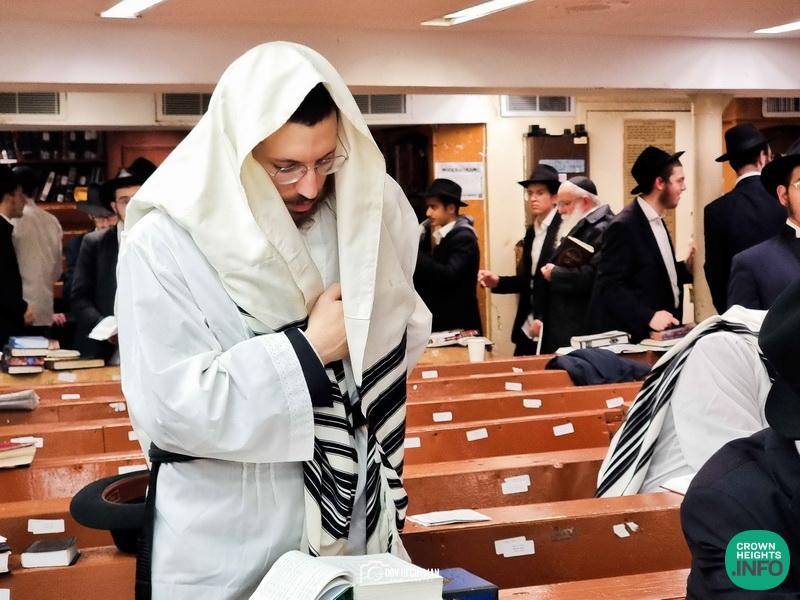
The Chazzan Thought of Doing Teshuva
by YY Hodakov
Many years ago, in a far away land, a young man stepped forward to lead the congregation in what the rabbi had called the special Yom Kippur Musaf service.
The rabbi had also referred to him as a cantor, although he really didn’t think of himself as a cantor.
A Baal Tefillah, perhaps? He had a decent voice, could read Hebrew well, was able to carry a tune, knew the Nusach, and had looked over the Machzor a few times, even studying some of the prayers in English, so he would have some clue as to what he was saying. He wasn’t sure, though, that these qualified him as being Baal – a master of – Tefilah.
Shliach Tzibur was more like it, he thought. He would be representing the congregation – in the driver’s seat, so to speak, and they had also said that they would be giving him financial compensation for his work. So Shliach Tzibur he was, and he began to chant the cantor’s introductory prayer to the Musaf service…
Hin’ni He’oni Mima’as (Here am I, deficient in meritorious deeds… standing and pleading before Him on behalf of His people Israel who have sent me, though I am unworthy and unqualified for the task)… He wondered how many members of the congregation knew the meaning of the words hiding behind the moving melody they might be enjoying…
Oh my, he suddenly thought. Ve’na Al Tafshieim Bechatosai (I beseech You, do not hold them guilty on account of my sins)… If they only knew. If they saw beyond the externalities, and knew who he was under his Talis, beneath his Yarmulka and Tzitzis, behind his Peyos and beard, would the Tzibur even agree to have him be their Shliach?
He couldn’t do this under false pretenses, on this holiest of days! What should he do?
For a fleeting moment, he considered turning around and telling them all who he thought he really was, sharing his darkest secrets, the skeletons in his closet (it would have been more dramatic than the rabbi’s Yizkor sermon had been), and if they still wanted him do continue, well, then, the choice would be theirs, and he could honestly represent them.
But he quickly reconsidered. There was no way he would do that to himself. Besides, what if they decided that they didn’t want him anymore? What would he do then? He’d have exposed himself and gotten nothing in return. They might not even pay his ticket home.
He racked his brain, and the only other option he could think of was to quietly, sincerely, do Teshuva right then and there. Then he would certainly be worthy, and they would be happy with him.
He didn’t have much time to think. The congregation was waiting. But the thought had been planted. He would do Teshuva.
* * *
At the break between Musaf and Mincha, the rabbi asked the cantor if he was feeling okay. Earlier, he had seemed to be in pain. The cantor shared with the rabbi what he had been thinking before Musaf.
The rabbi smiled, and spoke softly. I am sorry for the mental anguish you felt. The people enjoyed and were moved by your Davening, and are looking forward to more at Ne’ilah. They’re happy you’re here, and couldn’t care less about your personal life. In any case, no matter what you told them, they wouldn’t think any less of you, since they’re as human as you, and each have their own Pekel… But it’s nice to know that my Chazzan had a Hirhur Teshuva!
* * *
May we appreciate the special moments Hashem gives us, and focus on what we have to do, without regard for what others might be thinking. I wish you an easy fast, and a Chasimah Ugmar Chasimah Tova.
YY Hodakov teaches at Lubavitch Hebrew Academy in Margate, FL and writes at ShabbosCereal.Blogspot.com











